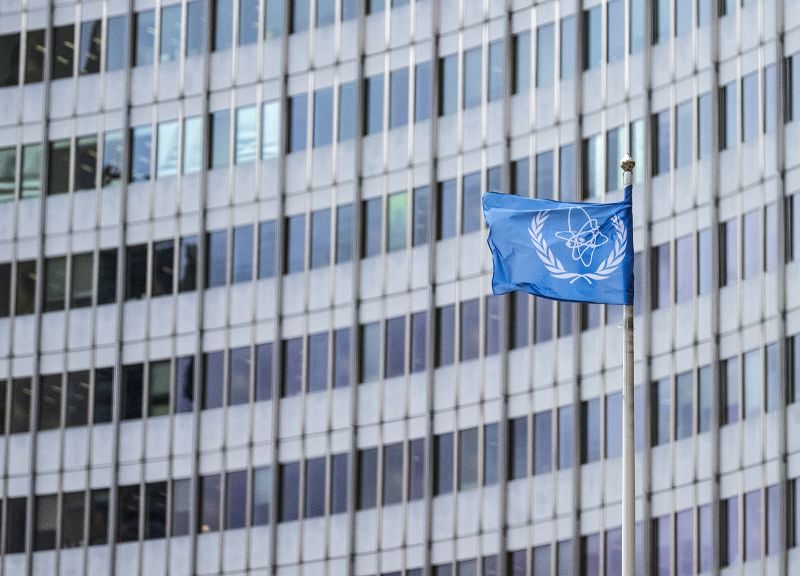Body:
Iran has recently announced the activation of new centrifuges, a move that came following harsh criticism by the International Atomic Energy Agency (IAEA), UN’s nuclear watchdog. This marks another major development in Iran’s nuclear program and poses an escalation in the country’s controversial uranium enrichment activities.
Iran’s decision to initiate these advanced centrifuges contradicts the restrictions outlined in the 2015 Joint Comprehensive Plan of Action (JCPOA), frequently known as the Iran Nuclear Deal. Under this deal, Iran had agreed to limit its nuclear activities in exchange for relief from economic sanctions. Iran’s said move, however, defies the terms agreed upon in this international pact, accentuating the growing tension between the nation and the western countries.
The IAEA had previously condemned Iran for its uranium enrichment activities which had exceeded the limits set by the JCPOA. This criticism was rooted in international concerns over Iran’s potential to develop nuclear weaponry. Iran has consistently maintained that their nuclear program is intended for peaceful purposes – a claim that has drawn skepticism amid the international community given Iran’s previous secret nuclear endeavors.
The announcement of activating new machines intensifies global unease about Iran’s commitment to the JCPOA. Advanced centrifuges allow the country to enrich uranium at a quicker pace and in larger quantities, which drastically reduces the amount of time needed to assemble a nuclear weapon. This could potentially put Tehran within grasp of a ‘breakout capability’, the point at which it could quickly produce a nuclear weapon if it chose to do so.
The US, a stern critic of Iran’s nuclear program, had withdrawn from the JCPOA in 2018 under former President, Donald Trump’s administration, claiming the agreement had fatal flaws. The US, backed by Israel and some Arab states, has shown concerns over what they consider ‘evident loopholes’ in the agreement that can be potentially exploited by Iran. The recent development will unquestionably put strain on current US President, Joe Biden’s ambitions to revive the nuclear pact.
Responding to Iran’s decision to activate the new centrifuges, the European signatories of the JCPOA – France, Germany, and the UK, expressed their deep concern, stating it as a clear violation of the deal.
Iran has argued that its decision to increase uranium enrichment is a direct response to the US’s re-imposition of sanctions when it pulled out of the deal, demonstrating the complexity of the ongoing nuclear controversy.
To add a further layer of complexity, Russia affirmed its support for Iran’s nuclear program as long as it remains within the boundaries of peaceful purposes, contrasting the concerns of other parties involved.
In summary, Iran’s activation of new centrifuges further exacerbates the ongoing nuclear controversy, highlighting the need for a balanced and diplomatic resolution that guarantees Iran’s right for peaceful nuclear energy production, while also addressing the global concerns over nuclear proliferation.




